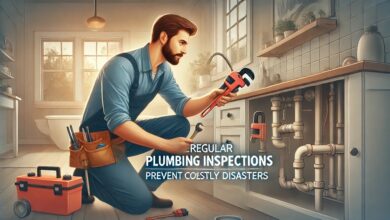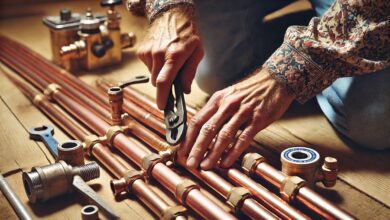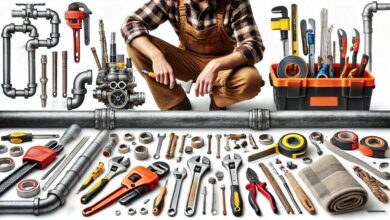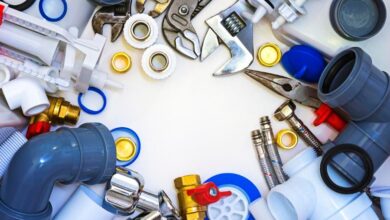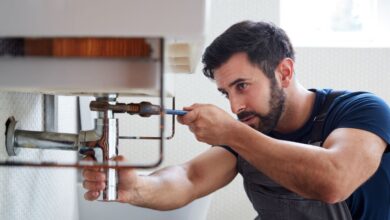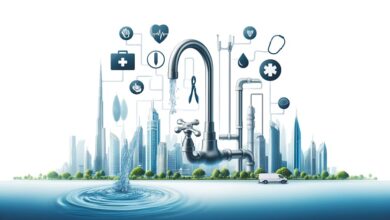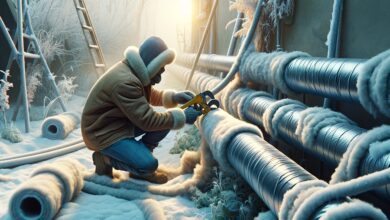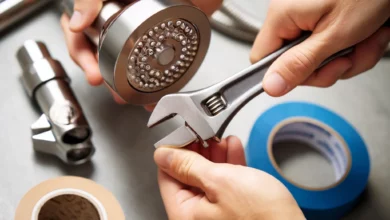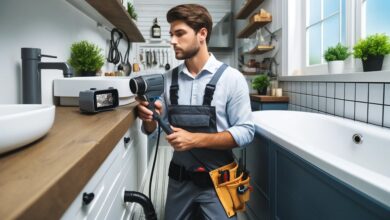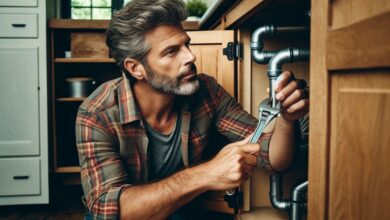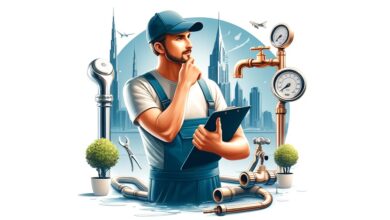Understanding the Basics of Home Plumbing
Master the Fundamentals of Your Home's Plumbing System with Our Expert Tips and Maintenance Advice
Essential Guide to Home Plumbing: Basics Every Homeowner Should Know
Learn the basics of home plumbing with ProfixDubai. Understand water supply, drainage systems, and fixtures to maintain and troubleshoot your plumbing efficiently.
Introduction
The home plumbing system is an essential yet often overlooked aspect of modern living. It is an intricate network of pipes, drains, and fixtures that work together to supply water and remove waste. Understanding the basics of home plumbing can empower homeowners to maintain their systems efficiently and troubleshoot problems when they arise. This guide delves into the essential components and functions of home plumbing, offering insights into common issues and maintenance tips.
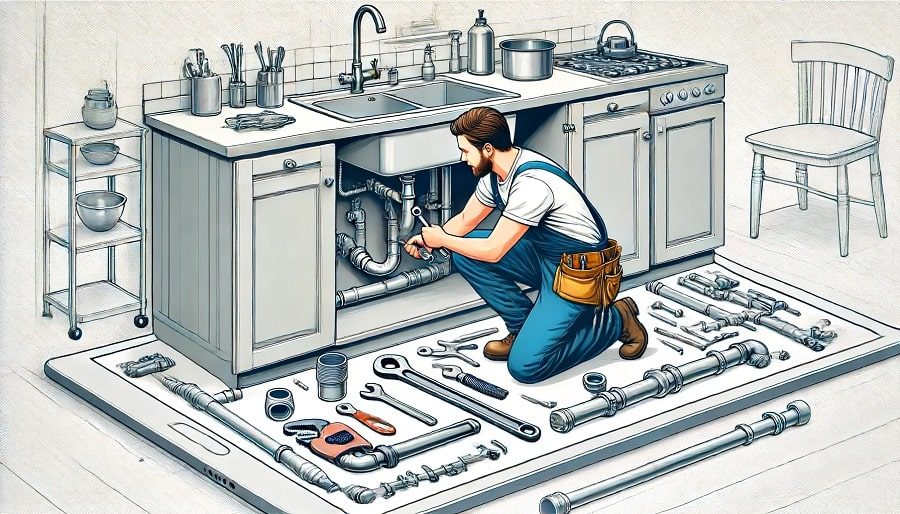
The Importance of Understanding Home Plumbing
Understanding your home plumbing system is crucial for several reasons. It can help you:
- Perform routine maintenance to prevent major issues.
- Troubleshoot and fix minor problems without professional help.
- Save money on plumbing repairs and water bills.
- Ensure the longevity and efficiency of your plumbing system.
Components of a Home Plumbing System
Water Supply System
The water main is the primary source of water for your home. It connects your home’s plumbing system to the municipal water supply or a private well.
Supply pipes distribute water from the water main to various fixtures throughout the house. Common materials include copper, PEX, and PVC.
Shut-off valves are essential for controlling the flow of water to different parts of your home. They allow you to isolate and repair sections of the plumbing system without shutting off the entire water supply.
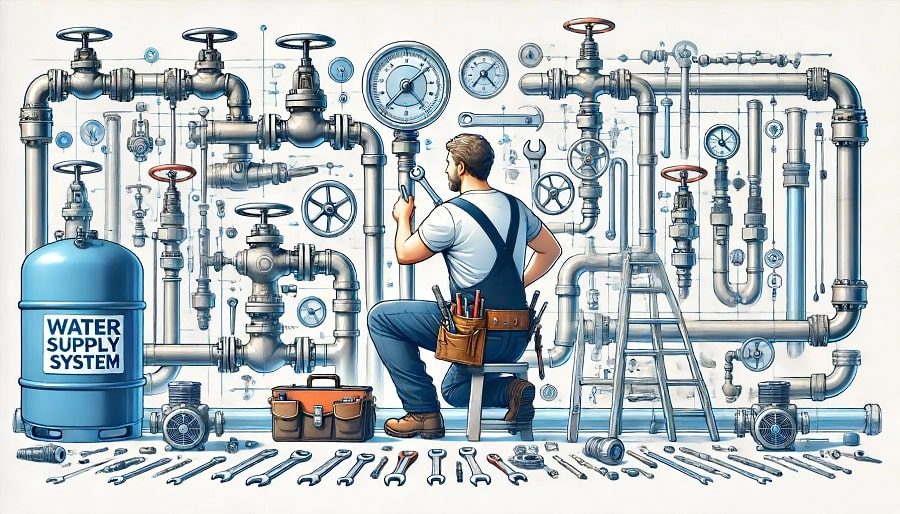
Drainage System
Drain Pipes carry wastewater away from your fixtures and appliances. They are typically made of PVC or cast iron and must be properly sloped to ensure efficient drainage.
Traps are U-shaped pipes located beneath sinks, tubs, and showers. They hold a small amount of water to prevent sewer gases from entering your home.
Vents allow air to enter the drainage system, ensuring smooth water flow and preventing a vacuum that could disrupt drainage.
The sewer line connects your home’s drainage system to the municipal sewer system or a septic tank. It is a critical component that must be kept clear to prevent backups and blockages.
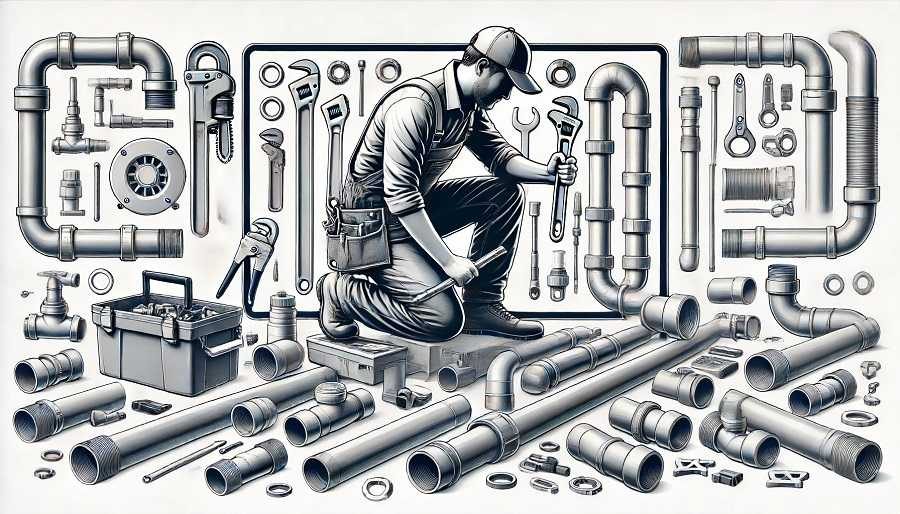
Fixtures and Appliances
These are the most common plumbing fixtures in a home. They require regular maintenance to prevent leaks and ensure proper function.
Showers and bathtubs also need regular cleaning and maintenance to prevent clogs and leaks.
Water heaters provide hot water for your home. Regular maintenance, such as flushing the tank and checking the anode rod, can extend the life of your water heater.
Common Plumbing Problems and Solutions
Leaky Faucets
Leaky faucets are often caused by worn-out washers or O-rings. Replacing these parts can usually fix the problem.
Clogged Drains
Clogged drains can be caused by hair, grease, or other debris. Using a plunger, drain snake, or a mixture of baking soda and vinegar can often clear the clog.
Running Toilets
A running toilet is typically due to a faulty flapper or fill valve. Replacing these components can stop the continuous flow of water.
Low Water Pressure
Low water pressure can be caused by mineral buildup in pipes, leaks, or issues with the municipal water supply. Cleaning aerators and showerheads or checking for leaks can help improve pressure.
Water Heater Issues
Common water heater problems include insufficient hot water, strange noises, and leaks. Flushing the tank and checking the thermostat settings can address some issues, but professional help may be needed for more complex problems.
Tips for Maintaining Your Home Plumbing System
Regular Inspections
Perform regular inspections of your plumbing system to identify and address issues before they become major problems. Check for leaks, corrosion, and proper water pressure.
Preventative Measures
Implement preventative measures such as using drain covers, avoiding pouring grease down drains, and insulating pipes to prevent freezing.
Professional Maintenance
Schedule annual professional maintenance to ensure your plumbing system is in good condition. A plumber can perform tasks such as water heater maintenance, sewer line inspection, and pipe cleaning.
Conclusion
Understanding the basics of home plumbing is essential for maintaining an efficient and problem-free system. By familiarizing yourself with the components and functions of your plumbing system, you can perform routine maintenance, troubleshoot common issues, and know when to call a professional. This knowledge not only helps in maintaining the system but also contributes to a more sustainable and cost-effective household.
